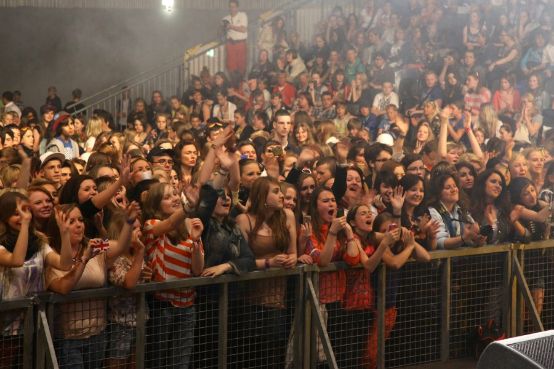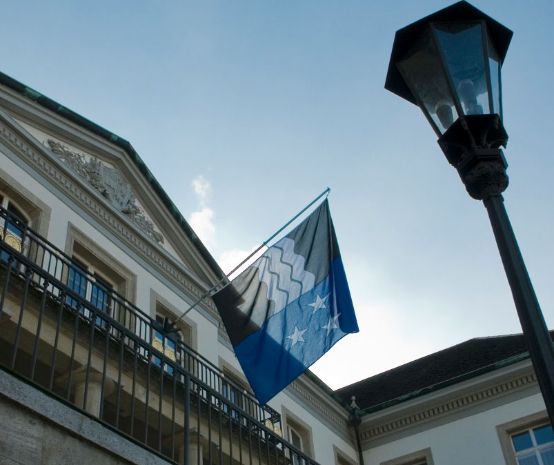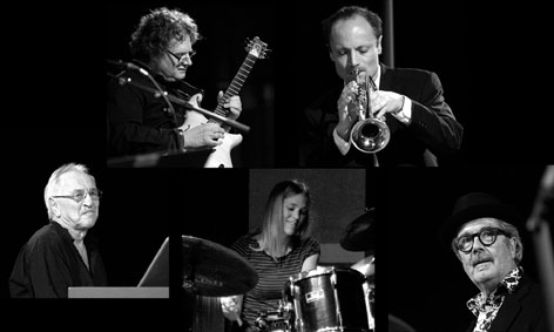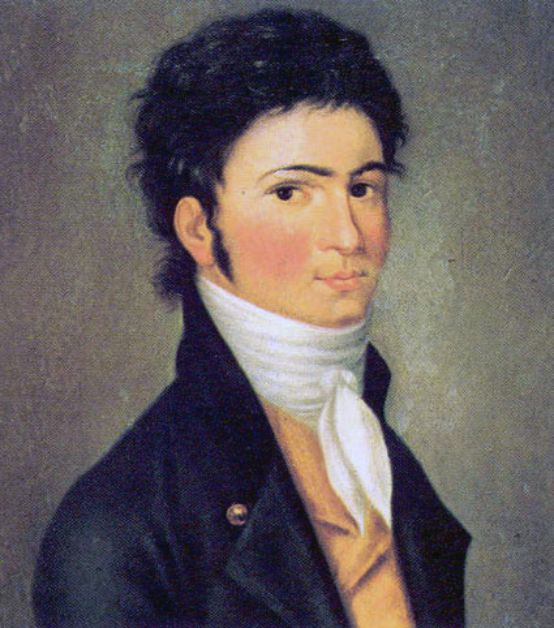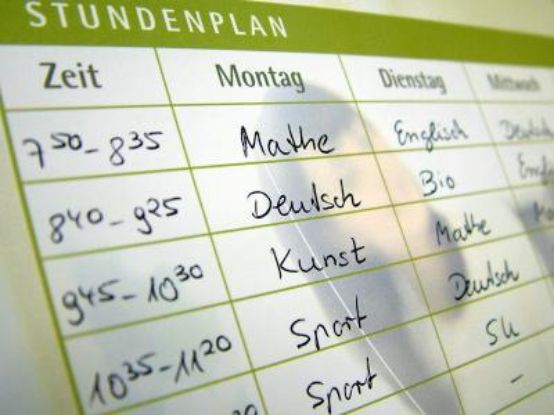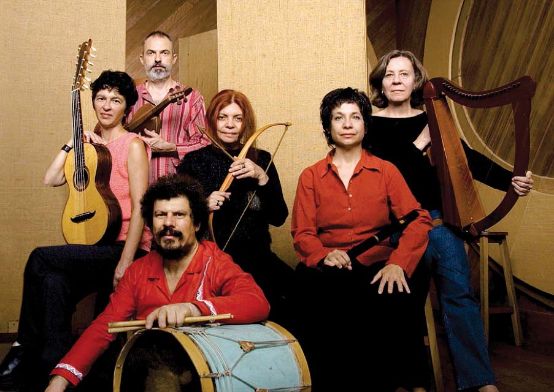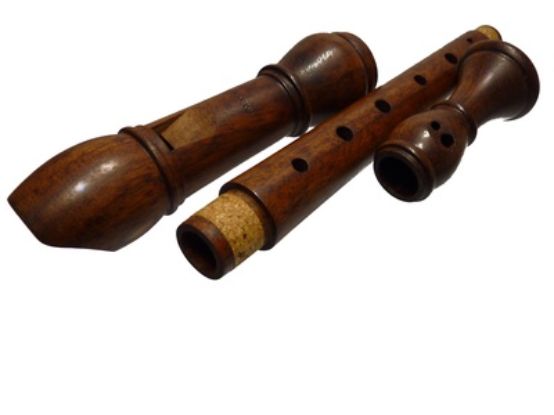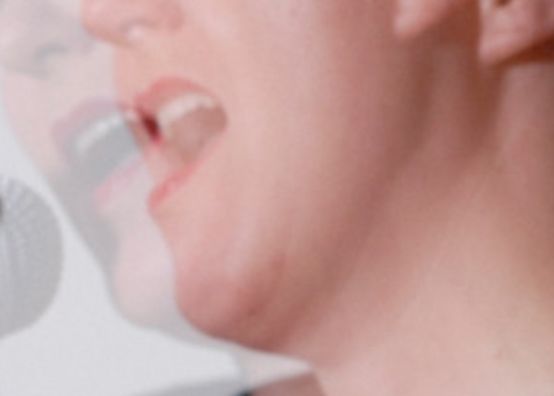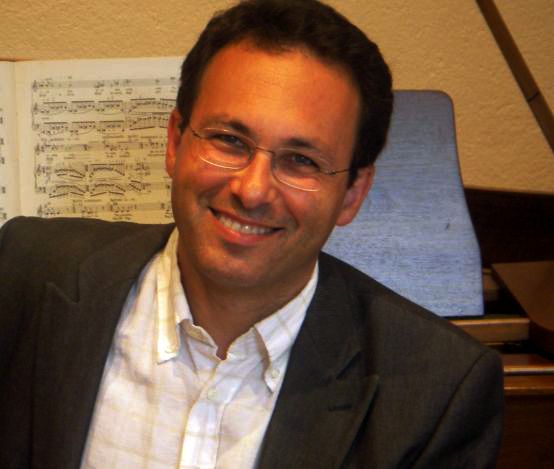"I struggled to control my excitement as I climbed the stairs to the poor apartment where the big man lived. When I opened the door, I found myself in a kind of hovel, which was not only dirty, but also in terrible disarray." With these words, Gioacchino Rossini recalled a visit to Ludwig van Beethoven. Let us imagine Beethoven sitting at his home instrument, perhaps a clavichord, and composing: scattered in front of him were sheets of paper with sketched themes, motif ideas and melody fragments. Beethoven transformed these into sound for the first time on the clavichord.
A fictitious scene that became reality, at least in the performance at the first concert of the "10 x Beethoven" project. The program included Beethoven's first symphony in the four-hand piano version by Hugo Ulrich (1827-1872), played by the Bernese pianist and composer Erika Radermacher and Michael Kaufmann, Director of the Lucerne School of Music. Beethoven's first symphonic work was played in a very simple, seemingly original manner. Of course, the palette of orchestral colors had to fall by the wayside. Instead, other elements of the masterpiece came to the fore: the monophonic melodies, for example at the beginning of movements two and four, were particularly impressive. The simple, vulnerable tone of the piano immediately captivated the audience and they listened to the melody perhaps even more attentively than they would have done with the orchestra.
Successful start
The C major Symphony was introduced with the extremely short composition Vision of the original form by Erika Radermacher. In the piece, dominated by repetitive staccato figures in the lower register, the co-initiator of the project prepared the key of C major, which was predominant that evening. Without a break, the work led into the performance of the famous waltz by Anton Diabelli (1781-1858). Radermacher then presented the 33 variations by Beethoven in an extremely fast-paced and dynamic interpretation. On the one hand, this emphasized the humorous character of the work, but on the other, it offered only a few pauses for breath and created almost cluster-like sounds through the sometimes generous use of the pedal.
What contrasts: From the playful late work (Diabelli-Variations) to the serious first work (Symphony No. 1), from the giant of piano literature to the orchestral work in piano transcription. Although the pronounced dynamics of the Waltz Variations were missed here and there, it was a successful and surprising conclusion to the evening that left the audience wanting more: How might the heroic tones of the Eroica sound on the piano? Or the pastoral thunderstorm from the Sixth Symphony? Or the second movement of the Seventh Symphony, often described as a funeral march?
